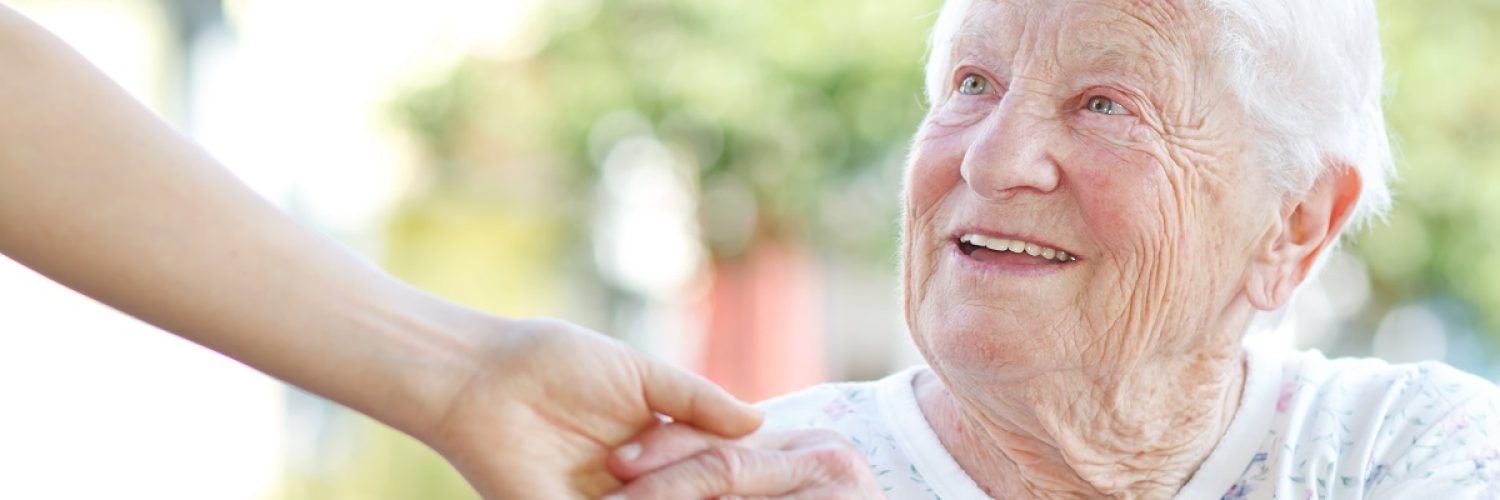As of May 13, 2020, there are nearly 230,000 confirmed coronavirus cases in the UK. The government has established strict social distancing measures at the end of March to bring the daily death toll down.
Physical distancing is critical to controlling the spread of the virus. However, this can lead to social isolation, which has negative health consequences. Social connection is vital to one’s mental health, helping combat loneliness and general maladjustment.
Older adults are more vulnerable to coronavirus due to their weakened immune system and pre-existing medical conditions. As such, they require more diligent physical distancing and quarantine measures. However, this also puts them at greater risk for social isolation.
Social Isolation Among Older Adults
The quarantine prevents older adults from mingling with their friends and family, which can lead to distress and loneliness. Many residential nursing homes have also implemented strict visitor to reduce the risk of transmission.
The World Health Organization (WHO) published mental health and psychosocial considerations amid the COVID-19 outbreak. The organization reminded that older adults, especially those with dementia, are likely to become more stressed, angry, anxious or irritated while in quarantine.
Even while practicing physical distancing, it’s important to pay attention to the social and emotional needs of older adults. This helps them maintain a positive disposition throughout the quarantine.
Below are some tips to prevent your elderly loved ones from feeling socially isolated.
Social Distancing, Not Isolation
-
Provide updates about the virus
Share simple facts about the pandemic to help them understand why they can’t do things they normally would, such as walk in the park or visit their families. Communicate this information patiently and plainly to make sure that it doesn’t trigger any negative reactions. It may also help if you write down the details or use photos when you’re explaining.
-
Leverage technology
Stay connected with your elderly loved ones by using video chat tools. If they’re in an assisted living facility and you can’t visit them, arrange call sessions to check on them. The care workers at the facility would be happy to set up the device if the older adult doesn’t know how to operate it.
It also helps to schedule the call beforehand to give your elderly loved one something to look forward to, raising their spirits.
-
Stick to a routine
Older adults with dementia might feel distressed when placed in unfamiliar settings. Keep regular routines to make them feel as comfortable and grounded as possible. Include engaging activities in their daily schedules, such as painting, playing board games, chores and calls with loved ones.
-
Do simple exercises

A sedentary lifestyle can impact the mental and physical health of older adults. Include several minutes of light exercises in their daily routine to promote blood circulation and strengthen their immune system. Physical activity also maintains mobility and reduces their boredom.
Also, create contingency plans for emergencies. Take note of the effective ways of calming down your elderly loved one when they’re stressed. Have a copy of emergency hotlines nearby so you can immediately make a call when something bad happens.
Finally, don’t forget to pay attention to your own feelings and needs, especially if you’re caring for an older adult at home. Engage in interesting activities, relax, eat healthy and exercise. You need to keep yourself healthy for you to properly care for another person.

